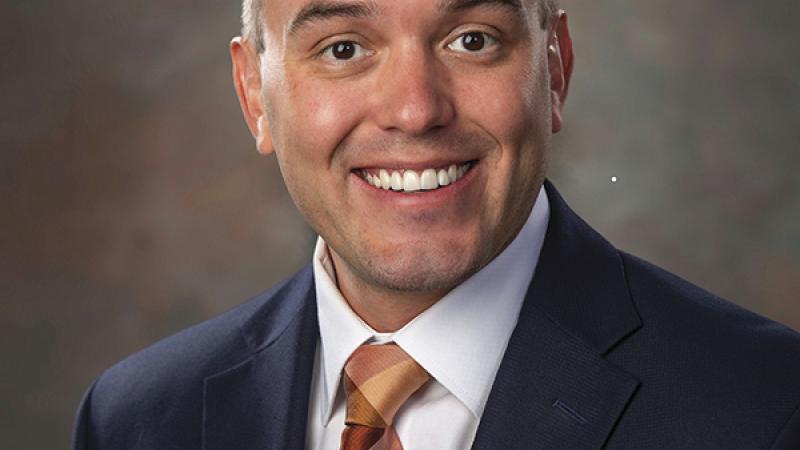
Dr. Elizabeth Bigger is a board-certified medical oncologist and hematologist with over 15 years of experience caring for patients with a cancer diagnosis. She joined the St. Peter’s Health Cancer Care Services team in February of this year. Pam Sasser is a Registered Nurse also at St. Peter’s and has been the Breast and Gynecological Nurse Navigator for over ten years. She is a Navy veteran and a Carroll College graduate.
October 17, 2022
October isn’t just for trick-or-treating, or dressing up in fun costumes. October is also Breast Cancer Awareness Month. Coffee shops are selling the latest pink drink. Athletes are donning their pink jerseys and shoelaces. Celebrities begin sharing their personal stories about developing breast cancer and some turn to educating the public of the importance of early detection and may even include what treatments they experienced.
Not only will one in eight women be diagnosed with breast cancer in her lifetime, nearly 2,500 men will also be diagnosed with breast cancer each year. These are shocking numbers, but there is hope as current research and treatments are becoming more sophisticated, person dependent and survival rates overall are increasing exponentially.
Most clinics and/or hospitals offer highly sophisticated technology, such as 3D mammograms, to detect breast cancers at an early stage allowing for curable treatments. But what happens if something is detected on your screening mammogram? For most individuals, a breast biopsy is conducted. If cancer is confirmed, the next typical step on a breast cancer journey is surgery.
Surgery entails either a lumpectomy to remove the tumor plus surrounding tissue to ensure clear margins, or a mastectomy to remove the entire breast.
Some people will only need surgery alone, however, others might need additional therapies such as chemotherapy or radiation therapy to treat the cancerous tissue. For the most common type of breast cancer- estrogen/progesterone positive breast cancer- hormonal therapy will likely be recommended as well.
Chemotherapy is medication given intravenously and is used to treat any cancer cells that have not been removed with surgery alone, or may have traveled outside of the breast into other areas of the body. Chemotherapy medications differ based on the type of breast cancer a person has (did you know there are 15 different types of breast cancer?) Not everyone with a breast cancer diagnosis will need chemotherapy and there are tests available to look at an individual’s tumor type to see if she/he would specifically benefit from chemotherapy or not.
Radiation therapy is usually used in conjunction with a lumpectomy to target breast tissue that wasn’t removed via surgery. Radiation therapy targets the entire chest wall of the effected breast and sometimes includes additional areas such as the armpit. The treatment is usually Monday through Friday and lasts about 15 minutes per treatment. Some people only need a short course of radiation such as five treatments, and others will need a longer treatment plan that can last up to 30 treatments.
Hormonal therapy is a daily pill that one takes for five to 10 years and is intended to block estrogen from being made and not allowing it to bind to any free floating cancer cells. The goal of this type of therapy is to prevent a recurrence or a whole new breast cancer from developing.
If breast cancer is caught early, the cure rate is greater than 98%. Please talk with your provider if you have any questions about your breast health.


